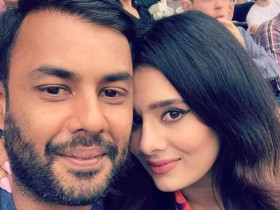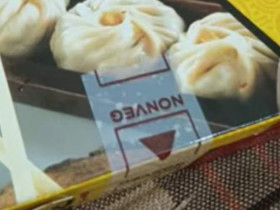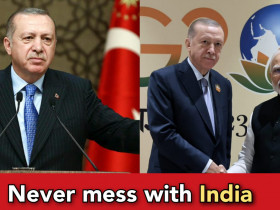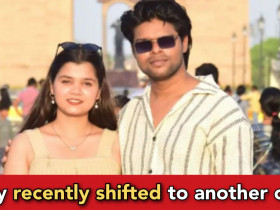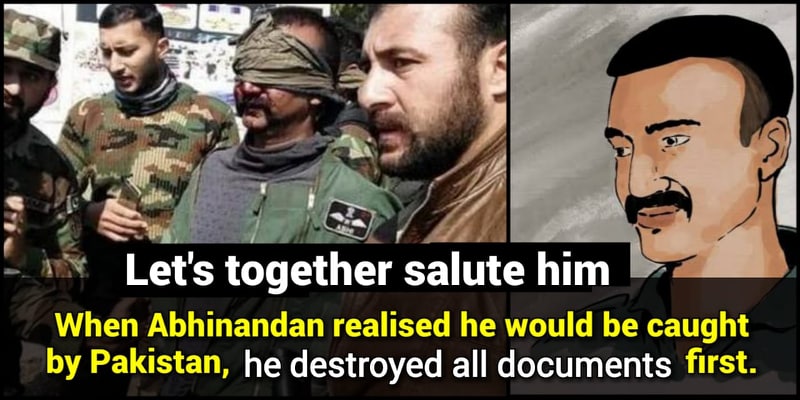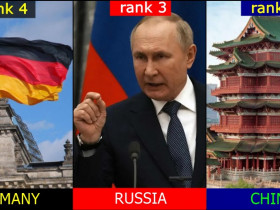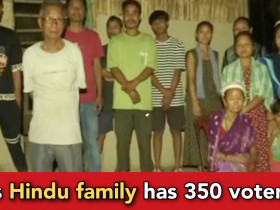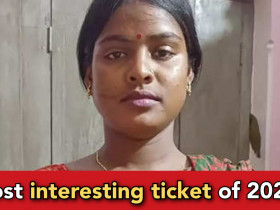In July 2010, the radical group Popular Front of India (PFI) cut off the right hand of Joseph, a former Malayalam literature lecturer at Newman College in Thodupuzha. The attack was in response to a blasphemous question asked in an exam. Professor T.J. Joseph explains how the PFI committed atrocities against people, and his own story is similar. In 2010, Professor Joseph from Kerala prepared a question paper for an examination.
His life was permanently changed by the incident that followed. Radical Islamic extremists associated with the PFI accused Joseph of including derogatory references in the question paper. They brutally attacked him. Although Professor Joseph survived the attack, he lost his right hand. He turned his eventful life into a book, narrating in detail how he lost his hand, job, and wife due to that question paper.”
“The extremist professor Joseph was being searched for. Four months later, on July 4th, Joseph was going to church. On the way, eight people armed with swords and knives attacked him. This incident shattered Joseph’s life. Professor Joseph doesn’t know Hindi and English. His daughter Amy translated his statements into Malayalam. He does not want to appear in videos. The reason is that he still fears the attacks by the PFI. The National Investigation Agency (NIA) is investigating the attack on him, and he does not want any hindrance in the investigation.
The controversy began in March 2010 when a professor at Newman College was setting a question paper. A question was included in the question paper for testing commas, semicolons, and apostrophes.
A paragraph from the book ‘Thirakathayude, Reethi Shastram’ by film producer PT Kunju Mohammad was used. After that, the book described a dialogue between a person suffering from schizophrenia and God in anger. Instead of naming the character ‘Naseeruddin,’ Professor Joseph named him ‘Mohammad.’ This did not sit well with the hardliners. Protests started just a week after the examination. The paper was distributed in sensitive areas. They believed that the professor had mentioned the name of the Prophet.
“According to Joseph, he became aware of the case’s rising escalating within a week. He was concerned that radical Islamic organizations could be involved. And that’s exactly what happened. Even the other staff members refused to stand with him.
A written response was demanded from him, but he was not willing to listen to the arguments of his opponents. In early April, he spent a week in jail. The Kerala police charged him under Section 295 of the Indian Penal Code for hurting religious sentiments.
He was arrested on allegations of blasphemy but later granted bail. Joseph revealed that the first attack on him occurred one and a half months later, followed by three more attacks. He was unharmed in the first three attacks. However, he couldn’t escape the fourth attack, which had a significant impact on his life and family.”
“Subsequently, the PFI made accusations against him, and the NIA opened an inquiry. The 13 individuals identified by the NIA as suspects have all been detained under the Arms Act. The NIA’s involvement in Joseph’s case did not happen directly. He began the investigation regarding the Arms Act. It is true that perhaps two individuals associated with the PFI were previously connected to Joseph’s case. They were not members of the organization at the time of the attack. Formed in 2007, the PFI is now operational in 20 states. It has a structured network, with a strong base in South India. Recently, when a hijab controversy arose in Karnataka, the PFI used it to strengthen its roots. The PFI has also faced allegations of promoting jihad.”

